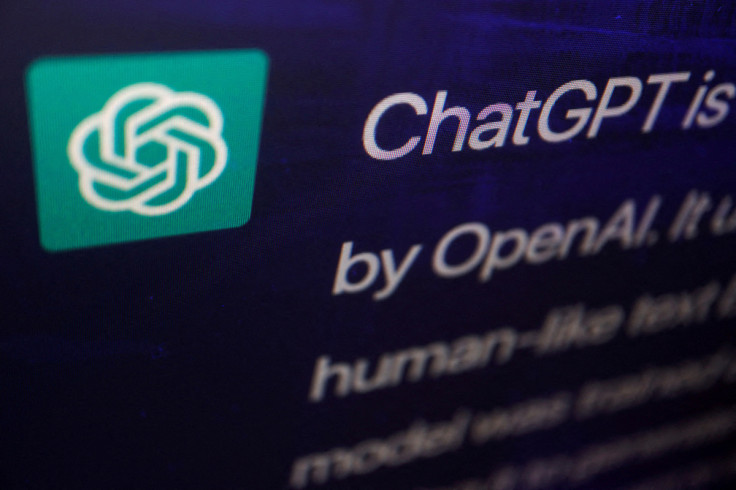Google And BARD Could Beat ChatGPT And Microsoft
Microsoft and ChatGPT may already have the early-mover advantage in developing AI models that promise to change Internet search and transform digitalization. But Google's Bard may eventually win the race, as the search engine leader has the core competencies and the synergies to bring AI to the masses.
In every emerging industry, there are the "pioneers," who develop new products, and the "colonizers," who scale up the innovations, bringing them to the mass market. In the case of AI, OpenAI and Microsoft are the pioneers in the development and launch of ChatGPT for the search engine industry.
"Microsoft is positioning its next release of Bing as search powered by ChatGPT++, called Prometheus, promising to offer more relevant search results," Nigel Vaz, CEO of Publicis Sapient, a leading digital transformation consulting company, told International Business Times.
"Also intriguing is how fast Microsoft integrated an AI-powered Bing homepage that people can chat with, especially since ChatGPT has shown limitations in niche or focused question domains," he added. "Exact questions may result in highly generic answers."
That makes Nigel skeptical about the future of the Microsoft-ChatGPT venture.
"We'll have to see what feedback loop Microsoft can incorporate to help ChatGPT learn and improve and how search data will help ChatGPT to incorporate more content from trusted sources," he added.
Meanwhile, Nigel sees Google, the colonizer, standing a better chance of bringing its new AI model BARD to the broader market.
"There has been much focus on how ChatGPT is a "threat" to Google's search products," he said. "But with BARD, Google is not only responding to OpenAI's products but making the powerful case that much of ChatGPT's technical capabilities - The "T" in ChatGPT - are based on the transformers that Google's AI scientists pioneered. The expectation is that BARD's underlying technology will be at least as good as ChatGPT."
Nigel sees another Google advantage in the company's foray into AI models: its data set is not limited to data from 2021; thus if it can combine indexing, interpretation, and the surfacing of new data to generate more interesting responses.
Aaron Rafferty, CEO of Standard DAO and Co-Founder of BattlePACs, also sees Google's data advantage, meaning that BARD could provide more relevant results than Microsoft for users.
"Regardless, inputs are essential for both models, and we could see significantly different used cases given the inputs each company decides to provide," he told IBT.
Still, Dan Pacheco, the Peter A. Horvitz Chair of Journalism Innovation at the Newhouse School, sees a difficult task ahead for Google due to Clayton Christensen's Innovator's Dilemma.
"A large chunk of their revenue comes from leveraging the inefficiency of a large set of web results to sell sponsored results, and the payment comes from clicks," he told IBT. "Will that paradigm work when people expect instant answers from a chatbot, which I think they will because it's so much more efficient than digging through pages of links? There's the additional fact that the computations for generative AI are many times more expensive than a search. So Google will not only have to find new ways to make money that don't depend on links, but they will also need to make even more revenue to pay for the server costs."
Saul Hudson, Co-Founder of Angle42, thinks that Google will have to revamp its search to adapt to the new model.
"And for the first time in decades, it is playing catch up. With ChatGPT, Microsoft's Bing is resurrected in a single stroke and galvanized to become a genuine competitor. No wonder Google is spooked and activated a Code Red," he told IBT.
What does ChatGPT say about the race between Microsoft and Google to dominate the AI race? It's too early to reach conclusions.
"Overall, it's fair to say that Microsoft and ChatGPT are making some notable advances in the search engine market, but it remains to be seen whether they will change the game significantly. Google has such a dominant position in the market that it will likely take a lot more than just incremental improvements to unseat it from its throne," Hudson said.

© Copyright IBTimes 2024. All rights reserved.






















